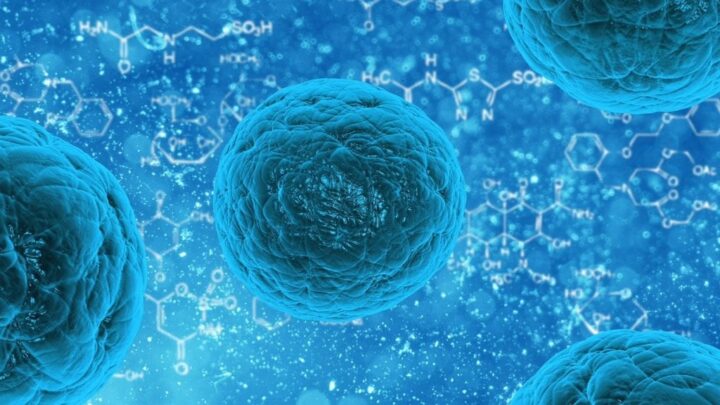Within the last month, BrainStorm Cell Therapeutics Inc. announced the publication of pre-clinical data on the NurOwn system. NurOwn technology produces autologous, bone marrow-derived mesenchymal stem cells (MSCs) for the treatment of neurodegenerative conditions such as amyotrophic lateral sclerosis (ALS), multiple sclerosis (MS), and Alzheimer’s disease. Autologous means it is derived from your own body and cells. The full findings were published in Amyotrophic Lateral Sclerosis and Frontotemporal Degeneration.
NurOwn
Created through the proprietary NurOwn platform, NurOwn creates autologous MSCs to help with immunomodulation. These MSC-NTF cells received Orphan Drug Designation from both the EMA and FDA for the treatment of patients with ALS.
In preclinical observations, researchers discovered increased T cells and reduces cerebrospinal fluid inflammatory biomarkers. Less T and B regulatory cells are linked to ALS disease progression. However, increasing T and B cells, as well as IL-10 secretion, reduce neuroinflammation and inhibit disease progression.
Additionally, BrainStorm Cell Therapeutics explored NurOwn and MSC-NTF cells in a Phase 3 clinical trial to determine the safety and efficacy of the treatment for patients with ALS.
Conditions
ALS
Amyotrophic lateral sclerosis (ALS) goes by many names, including Lou Gehrig’s disease and locked-in syndrome. This progressive neurological disease cause brain stem, spinal cord, and brain nerve cell death. Eventually, this causes muscle weakness and loss of muscle control. In many cases, ALS is fatal because patients lose the ability to breathe. Most cases of ALS are sporadic. However, 5-10% may be familial. Typically, ALS affects males more than females, and occurs between 60-69 years of age. Symptoms vary, but may include:
- Frequent tripping or falling
- Muscle weakness in the arms, hands, legs, and chest
- Changes in speech (slurring)
- Muscle cramps
- Poor posture
- Inability to move muscles
- Stress and anxiety
- Difficulty walking, speaking, swallowing or holding objects
Learn more about ALS here.
MS
Multiple sclerosis (MS) is a neurological disease that inhibits brain-body communication. The immune system mistakenly attacks myelin sheaths, or the protective covering of nerve cells. MS can be either relapsing and remitting (periods of symptoms and periods of remission) or progressive (no remission). An estimated 2.3 million people in the world have MS. It can occur at almost any age, but normally appears between 15 and 60. Females are 2x more likely to have MS than males. Symptoms include:
- Muscle weakness or numbness
- Poor coordination
- Balance issues
- Changes in speech and vision
- Loss of bladder control
Learn more about MS here.
Alzheimer’s Disease
Alzheimer’s disease is a progressive neurodegenerative disorder caused by brain cell death. Doctors believe Alzheimer’s disease results from a combination of lifestyle choices, environmental elements, and genetics. Risk factors include age (over 65), familial history, biological sex (female), head trauma, and poor sleeping and exercise habits. Symptoms include:
- Memory loss
- Changes in behavior and personality
- Problems with thinking and reasoning
- Poor judgement and decision-making
- Difficulty with planning
- Fractures
- Infections
- Malnutrition and dehydration
- Pneumonia
Learn more about Alzheimer’s disease here.








